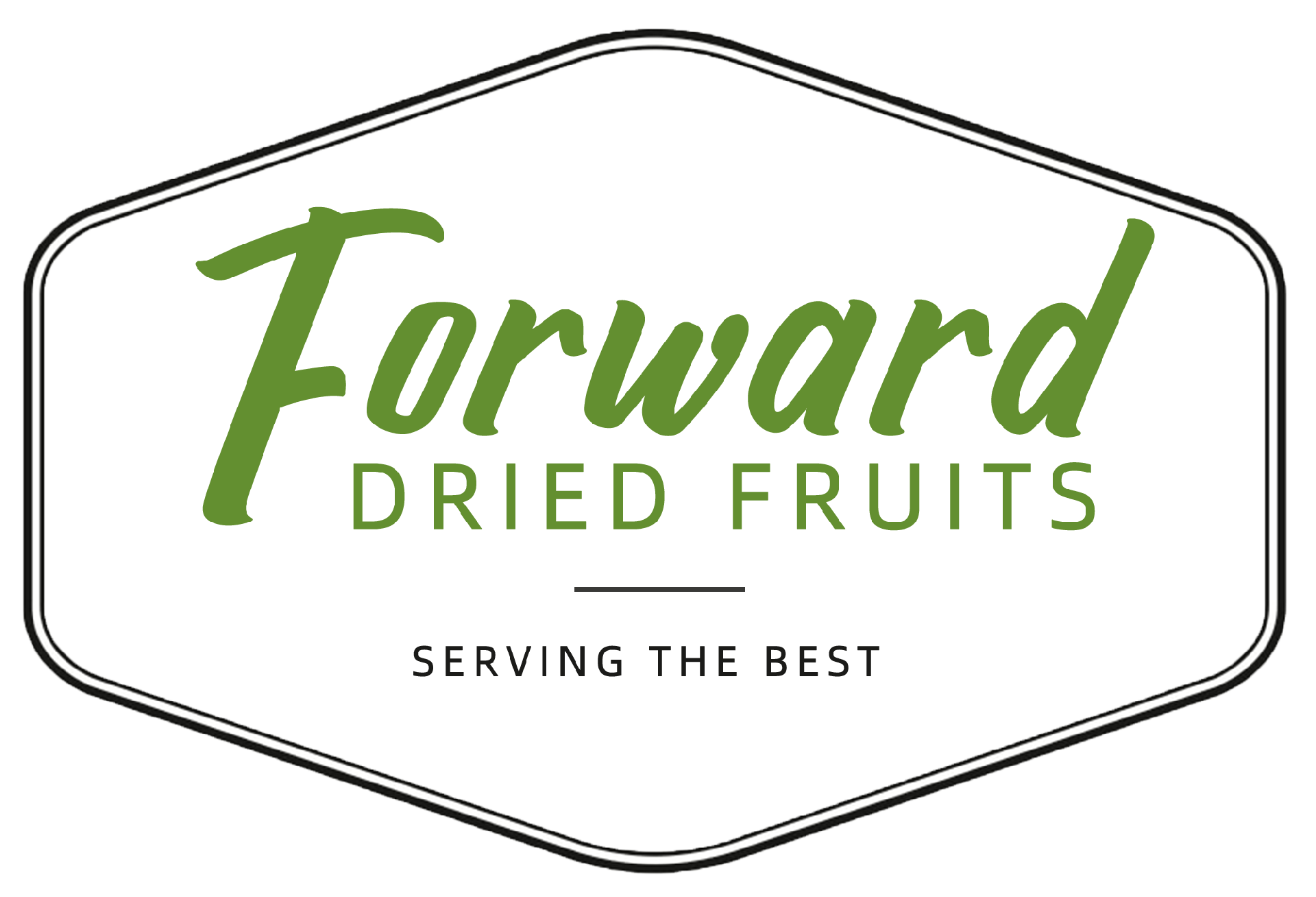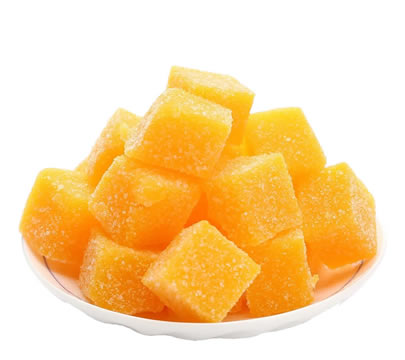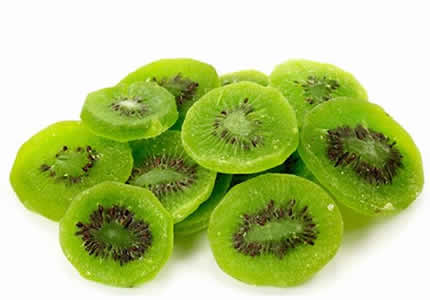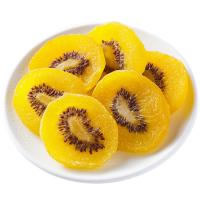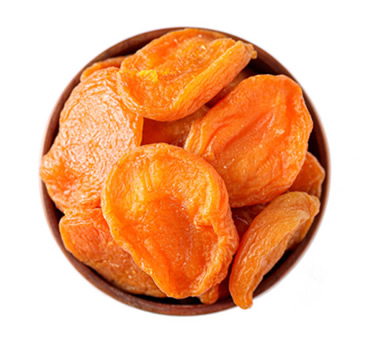
Apricots provide several nutrients and health benefits. Although dried apricots are a fun and convenient snack, you may be wondering if their sugar content is too high to be considered a healthy snack. Choosing apricot products with no added sugar can help you reap the maximum benefit from this antioxidant-rich fruit..
Apricot Nutrition Facts
One raw apricot (35g) provides 17 calories, 0.5g of protein, 3.9g of carbohydrates, and 0.1g of fat. Apricots are a good source of potassium, vitamin A, and phosphorus. The following nutrition information is provided by the USDA
Fats
Apricots have minimal fat at only 0.1 grams per fruit. That makes them easy to fit into your diet even if you're limiting your fat intake.
Protein
At 0.5 grams, apricots provide just a small portion of the protein you need daily. While the pit of the fruit (often referred to as the kernel) is between 20% and 30% protein,3 it's not a good idea to eat it.
Some scientists are exploring ways to extract the protein and other nutrients from the apricot kernel. One study found that flour made from apricot kernel by-products can increase the nutritional quality of foods while also improving their texture and taste
Vitamins and Minerals
Apricots are rich in potassium, phosphorus, and beta carotene, the latter of which the body converts to vitamin A. They also provide calcium, iron, magnesium, vitamin C, and folate.
Although dried fruit is a more concentrated source of calories and sugar, it also tends to be higher in vitamins and minerals. Dried apricots provide the same nutrients as fresh, in higher quantities
Calories
Apricots are a low-calorie fruit, at only 17 calories each. As a comparison, one medium apple provides 104 calories.5 So, you could eat six fresh apricots and still consume fewer calories than a whole apple.
If you eat dried apricots, it's important to recognize that fruit loses volume when dried. This makes it easier to eat a larger portion. If you're watching your calorie intake, you may want to pre-portion your dried apricots so you don't eat more than you intend.
Health Benefits
The fiber and other nutrients in apricots make them valuable for health and wellness in a variety of ways.
Aids Heart Health
Whether fresh or dried, apricots provide soluble fiber, which is a fiber that draws water into stool to help it move through the digestive tract. Eating 5 to 10 grams of soluble fiber per day can lower LDL cholesterol (the "bad" cholesterol) by up to 11 points, if not more.
Assists Blood Sugar Control
Dried apricots are often consumed in conjunction with nuts, such as in trail mixes. Nuts slow the gastric emptying rate and release of glucose to the bloodstream due to their natural fat content.
When nuts are combined with low-to-medium glycemic index dried fruits, including apricots, the rise and fall of blood sugar is more even.8 For people trying to avoid blood sugar fluctuations, eating dried apricots and nuts together can be a healthy snack.
Furthermore, the potassium in apricots helps reduces blood pressure.6 These two factors—along with the numerous anti-inflammatory polyphenols in apricots—offer cardiovascular benefits.
Protects Eyesight
Along with other orange fruits and vegetables like carrots, pumpkin, and mango, apricots owe their rich hue to beta-carotene. Beta-carotene is a form of vitamin A that's been associated with the prevention of age-related macular degeneration.
Age-related macular degeneration is a condition that can progress over time and lead to vision loss.9 Making a habit of consuming beta-carotene-rich fruits and vegetables may help provide protection against the disease.
May Reduce Risk of Neurodegenerative Diseases
The flavonoid quercetin is found in many fruits, including apricots. Rutin, a component of quercetin, shows promise in the prevention of neurodegenerative diseases such as Alzheimer's, Parkinson's, Huntington's, and prion diseases.
While more research is needed, increasing apricot consumption could reduce the burden of certain neurological conditions. Some of the mechanisms by which they can help include genetic modulation (upregulation of beneficial genes and downregulation of harmful genes), reduction of proinflammatory cytokines, and enhanced antioxidant activity
Apricots Picking


Dried Apricots
| Product Name | Dried Apricots |
| Crop | 2023 New Crop |
| Color | Yellow, orange |
| Shape | Slice |
| Place of Origin | Shaanxi, China |
| Cultivation Type | Open Air, Organic |
| Max. Moisture (%) | 15%-18% Max. |
| Processing Type | Air Drying FD Technology (Dehydrated) |
| Taste | Soft, Sweet, Chewy |
| Quality | 100% Natural, No Additives, Unbeatable Quality |
| Packaging | 5Kg, 10Kg or as per Customer Request |
| Storage | Cool Dry Place 12 Months |
| Used For | Snack, Desserts, Cake, Muffins, Cereals, Yogurts, Smoothies, Ice Cream |
| Certification | HACCP, GHPs, GMP, HALAL |
| Dried Strawberry Price | WhatsApp: +8618616568786 Email: sales@driedfruitsnack.com |
Dried Apricots
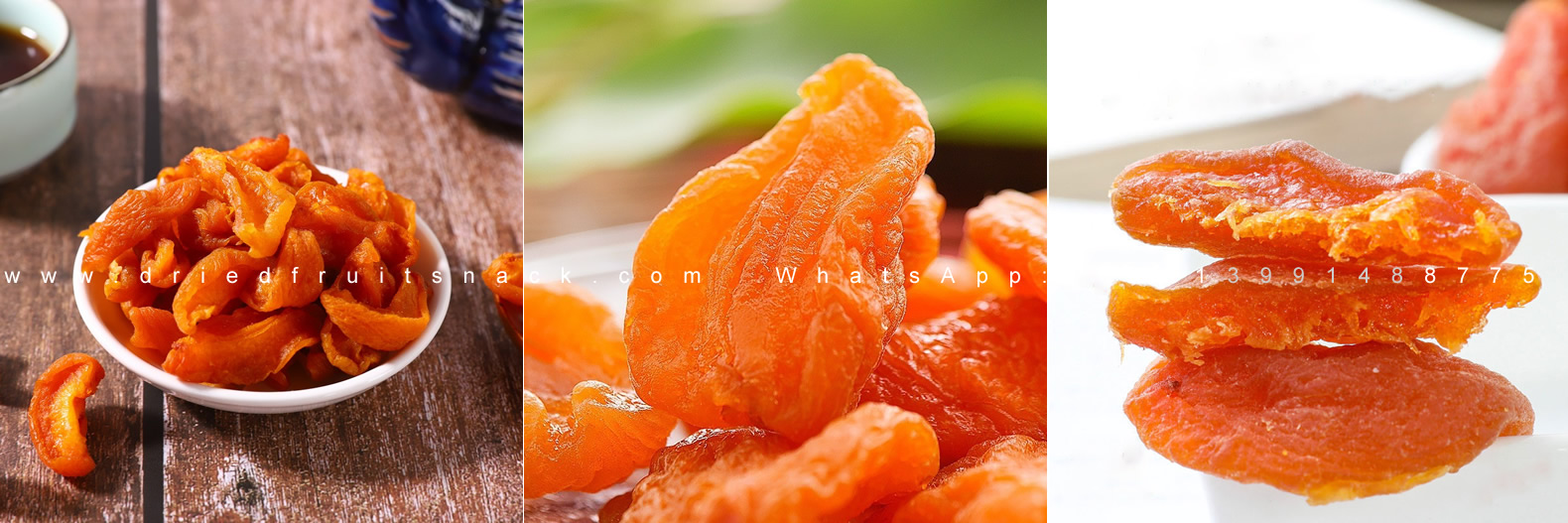


Dried Apricots Packing

